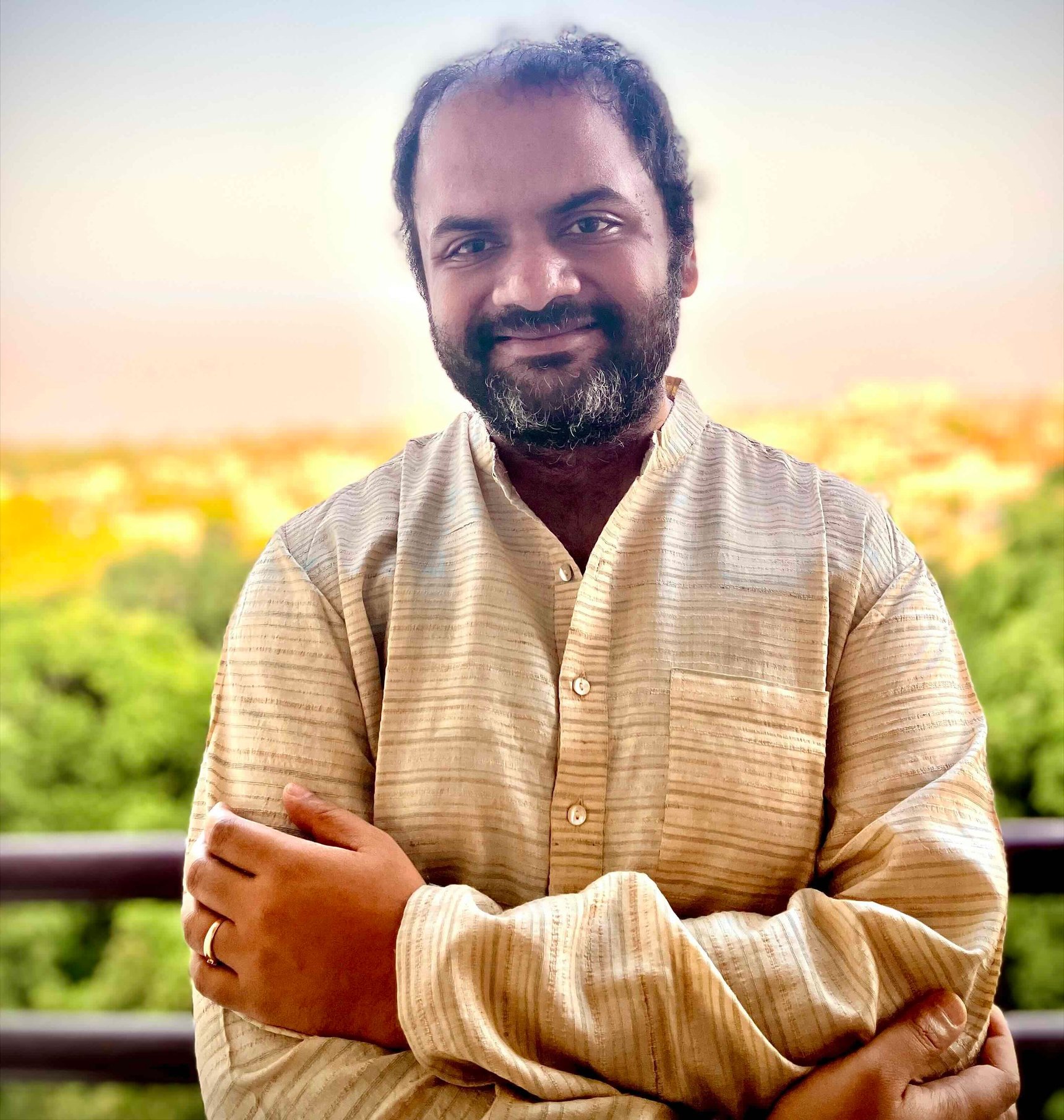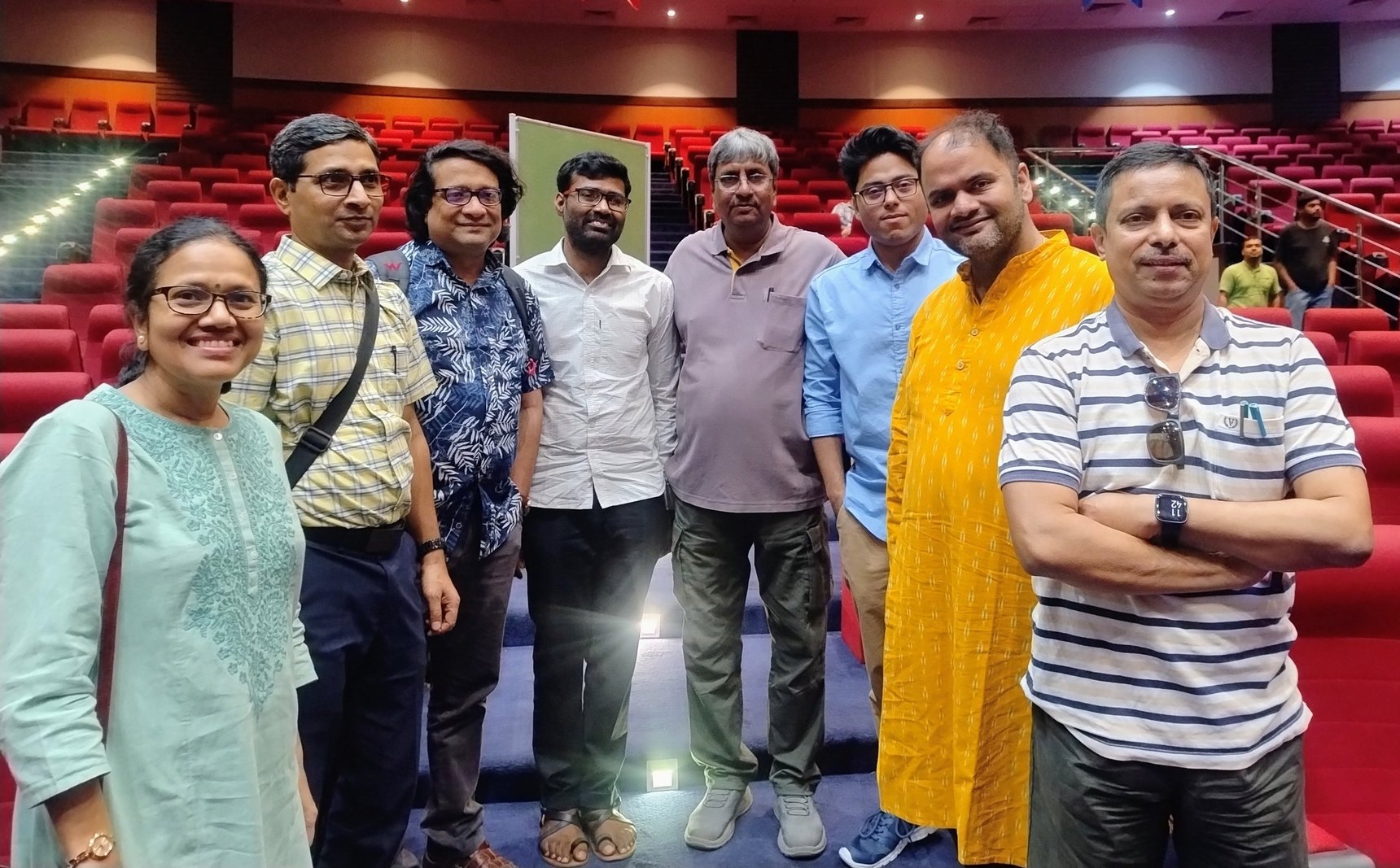
From a BS-MS Student to An Independent Scientist: My Academic Journey
I have very clear memories of the summer of 2006. I had just graduated from high school and was exploring options for the future. I had been fascinated by Physics in school and wanted to pursue it further. At that point, an advertisement for IISER appeared in the newspaper and I applied. After a round of counseling, I was allotted a seat at IISER Kolkata. During the counselling session, we were told about the vision of IISER. One of the big points that was emphasized was that science was becoming increasingly interdisciplinary, and the coursework at IISER would embrace this interdisciplinarity. I found this pitch very attractive and decided to join IISER.
The IISER journey: A walk down memory lane
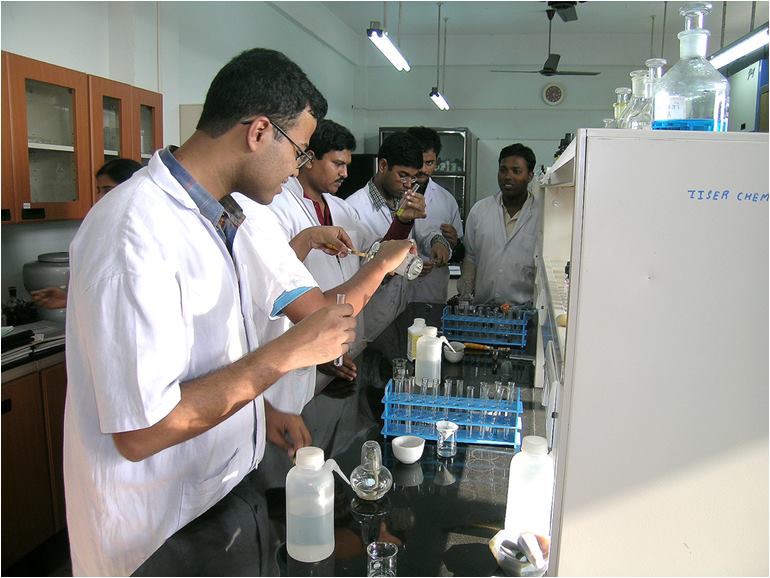
Being the first batch at an Institute is a unique experience. For starters, there’s no Fresher’s welcome! However, at the same time, we received immense support in pursuing various kinds of projects. From the very beginning, the importance of getting involved in research was emphasized to us. Our lab courses had a project component, where we worked in groups on some experiments that we designed. This was a fascinating experience – we learnt to design problems, work in groups, and present our results. The courses were also very interesting at that time. Since, we had very few permanent faculty members, we were often taught by Professors from research Institutes in Kolkata. These professors often had a very different view on what should be taught to undergraduates, and consequently, we were exposed to several advanced topics. For instance, the first Biology class was a discussion about Daniel Koshland’s article entitled ‘The seven pillars of life’. In the third or fourth Biology class, we learnt about Ludwig Boltzmann and his entropy formula: We had a biology quiz where we were asked to design a question and then answer it. We were taught the RSA algorithm in the first semester Maths course by one of India’s leading cryptographers. It was fascinating and motivating! The courses continued to be very interesting throughout the 5 years of my stay.
In this context, I must mention that a major highlight of my IISER experience was the approachability of our professors. it was a common sight to find young BS-MS students engaged in discussing science with senior professors at the local tea stall. These interactions played a significant role in our development as scientists. Another cherished tradition was special Saturday morning seminars, where faculty members would present accessible `colloquium style’ talks on some cutting-edge topic. Through these interactions, courses, seminars and projects, I found that learning and doing science was great fun. On a side note, Inquivesta was conceptualized during our time, but the first edition took place after we left. A science fest was a unique proposition and there were a lot of spirited debates about the name of the event, but that’s a story for another day.
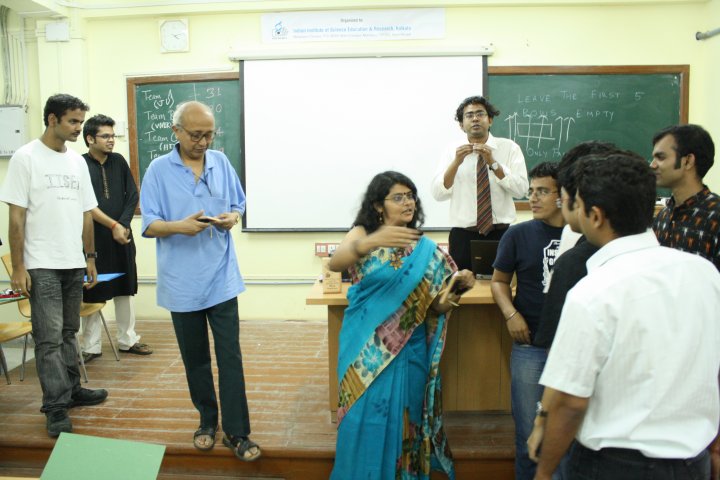
Research experience at IISER
I was lucky to get opportunities for getting involved in research from the summer of my second year. During that summer, I was exposed to quantum information theory and performed some calculations on the entanglement entropy of cluster states. After the summer, Prof. Prasanta Panigrahi encouraged me to write up my results and submit it to Prayas: Student Journal of Physics. Writing this paper was a very enriching experience and it gave me a lot of confidence. Eventually, I ended up doing a more serious project with Prof. Panigrahi and our results were published in J. Phys. A. I also went for internships to other Institutes – SINP (as an Undergraduate Associateship Program), IISER Mohali (IAS Summer Fellowship) and the Georg-August University at Gottingen (DAAD Fellowship). These experiences exposed me to several other directions of research, and I finally decided that I wanted to work on a project in Condensed Matter Physics for my MS thesis.
I thoroughly enjoyed my final year at IISER. We needed to take very few courses that year, and the emphasis was primarily on the MS thesis. I worked with Prof. Siddhartha Lal and Prof. Prasanta Panigrahi for my thesis. Siddhartha had just joined IISER then and I was his first student. Siddhartha treated me as a bona-fide graduate student, and we had long and intense discussions on my MS thesis project. My project started as an exploration of the dynamics of Bose-Einstein condensates in one-dimensional optical lattices. I learnt about a lot of things – from the Gross-Pitaveskii equation to Luttinger liquids. As we delved deeper, we found that we needed to borrow ideas from non-linear dynamics to proceed further, and we roped in Prof. Anandamohan Ghosh for discussions. Even though, we never wrote a paper to disseminate these results to a broader audience, I am very proud of my MS thesis. We finally graduated in May 2011. Unfortunately, our convocation happened much later (probably 2013) and I missed it. However, I cherish all my memories of IISER Kolkata. It was a wonderful time!
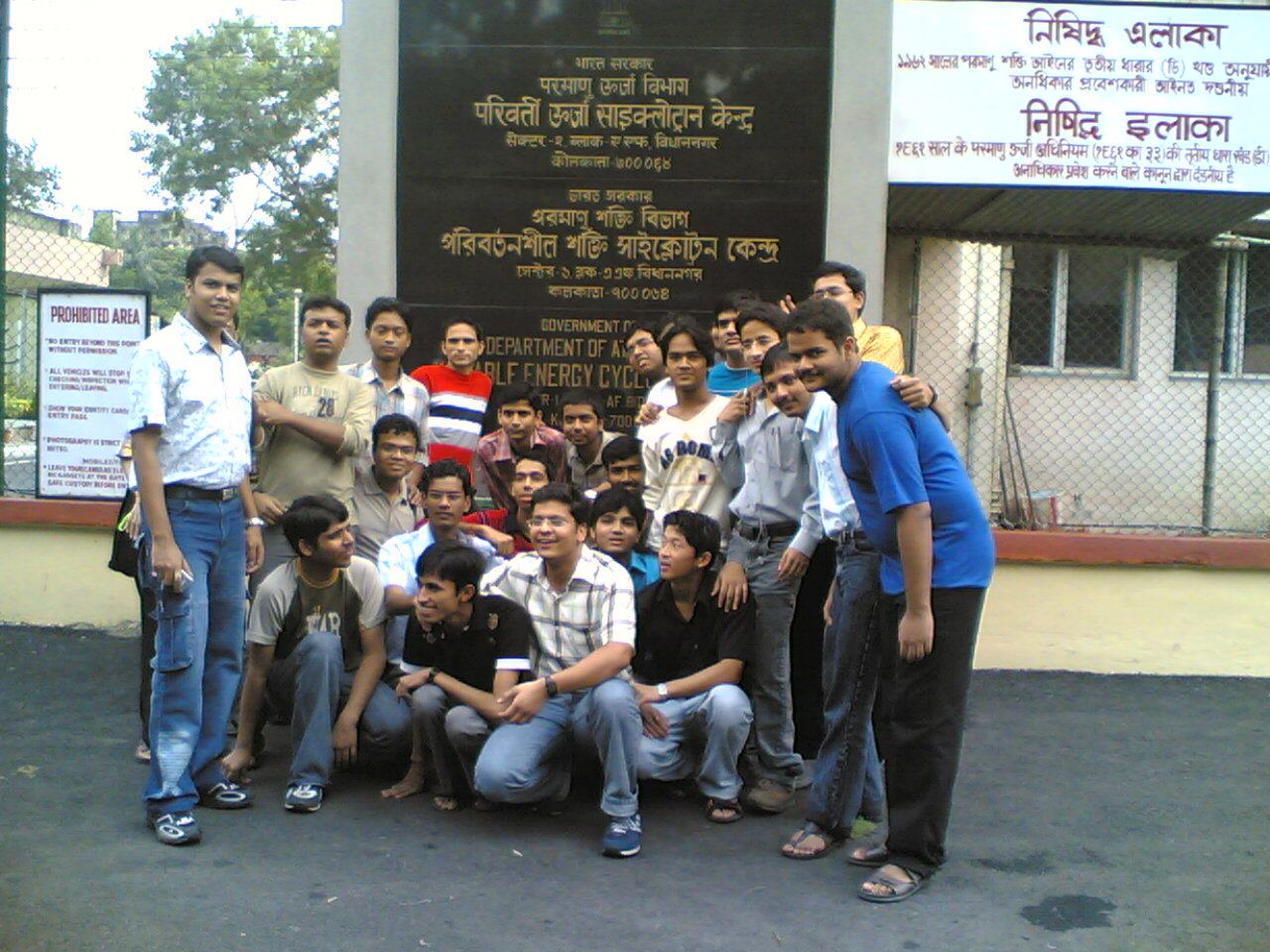
Academic life beyond the BS-MS at IISER
After graduating from IISER, I went to Cornell for my PhD. Cornell has perhaps one of the most beautiful campuses in the world and I had a great time there. There were waterfalls on campus and the seasons were gorgeous. My IISER education kept me in good stead during my PhD and I had the opportunity to work with and learn from wonderful people like Prof. Erich Mueller and Prof. Jim Sethna. I obtained my PhD in 2017 and headed to Purdue University for my Postdoc. Amongst other things, I collaborated with another IISER-K alumnus, Rishabh Khare on a project during this period, and we wrote a paper together. After Purdue, I joined the University of Pittsburgh as a post-doctoral fellow. Interestingly, at Pittsburgh I worked with Prof. W. Vincent Liu, whose early papers on quantum chaos had been very important for my MS thesis. Finally, I joined HRI Allahabad as a faculty member in October 2022. The different positions I have taken up in my career have come with their own set of challenges and rewards. Out of these, my current role of a professor is probably the most satisfying and difficult. I am immensely grateful to my professors who have taught and mentored me, and now as I teach and mentor young students, I sincerely hope that I am able to share the joy of doing science with them.
Message for current IISER students
IISER Kolkata is poised to step out of its teens and enter the second decade. An Institute is known not only for the quality of research and teaching, but also for the success of its alumni. Despite its relatively young age, IISER-K has already produced a significant number of alumni who have established themselves in academia and industry. Our alumni have become faculty members and academic group leaders, established companies, and achieved success in corporate jobs. Current IISER students should tap into this network. Whether you are wondering about applying for a PhD/Post-doc/Faculty position or thinking of establishing a start-up, the alumni network can be a powerful resource who can help you. So, don’t be shy about asking your seniors for help even if you don’t know them personally. I wish you all the very best for your journey!
